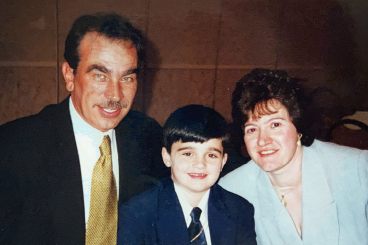Researchers Confirm Nutrient’s Role in Childhood Leukemia
Valine, an essential building block of many animal proteins, plays a key role in the growth of cancer cells in a type of childhood leukemia called T-cell acute lymphoblastic leukemia.
The research, led by Iannis Aifantis, PhD, and colleagues at NYU Langone Health, involved human leukemia cells grown in the lab and transplanted into mice. Mice fed low-valine diets for three weeks showed interrupted tumor growth. The diet also reduced circulating leukemia cells in the blood by at least half and, in some cases, to undetectable levels. The re-introduction of valine to the mice’s diets resumed cancer progression.
This year, the researchers will begin clinical trials to test low-valine diets in leukemia patients. These diets are already used to treat some genetic disorders that affect gut metabolism and include reducing foods rich in valine, like meat, fish, and beans.
Dr. Aifantis says the trial will likely combine diet therapy with venetoclax, an approved drug in the United States for leukemia.
“Our clinical approach would involve using low-valine diets to shrink the number of T-cells with acute lymphoblastic leukemia to a level so low that drugs could then effectively stall cancer progression.”
He cautions that dieting strategies alone for treating cancer have been tried for decades with little scientific evidence of any benefit, so drug combination is critical. He says more research is needed, including their planned clinical trial, before any new treatment guidelines can be recommended.
Dr. Aifantis is a professor and chair of the Department of Pathology at NYU Grossman School of Medicine and Perlmutter Cancer Center. The Leukemia Research Foundation supported his research on T-cell acute lymphoblastic leukemia in 2004.



